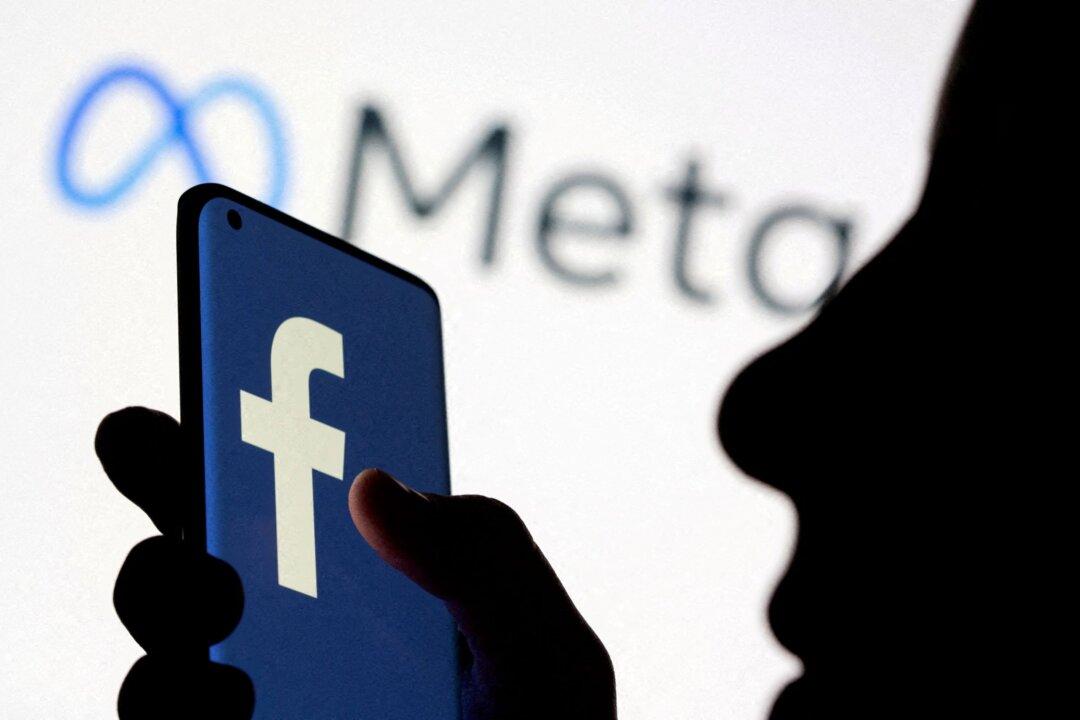Meta, the parent company of Facebook and Instagram, is threatening to pull news feeds on its platforms for California residents if the state legislature passes the Journalism Preservation Act.
In a statement posted on Twitter on May 31, Meta expressed its opposition to the proposal AB 886, which requires big tech companies to pay news outlets a journalism usage fee, is made into law.





